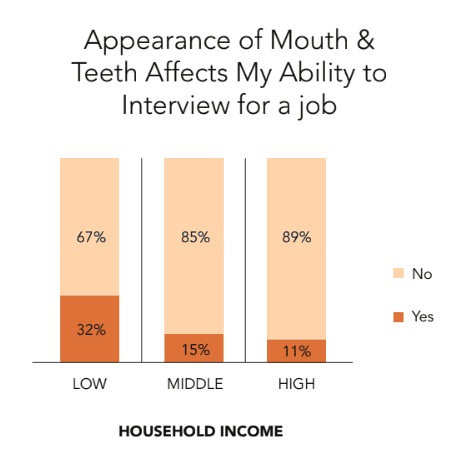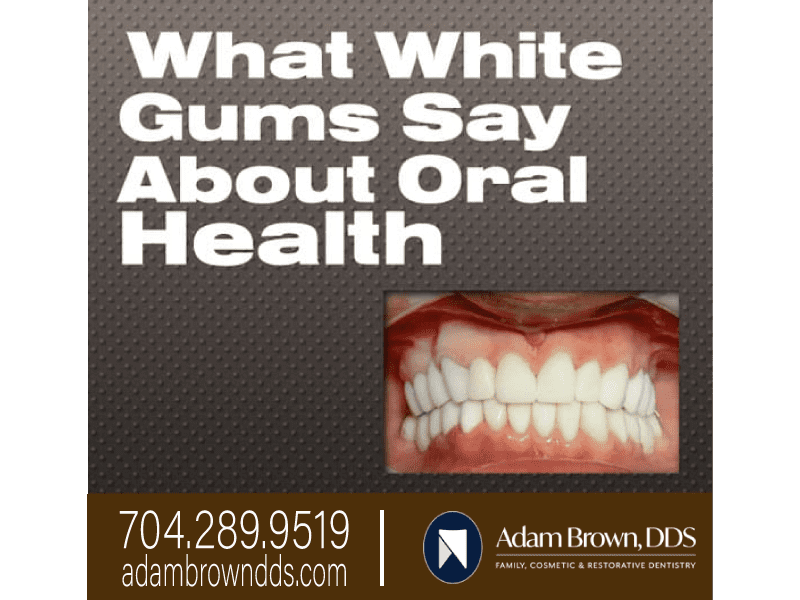Adam Brown, DDS: A Safe Return to Routine Dental Care
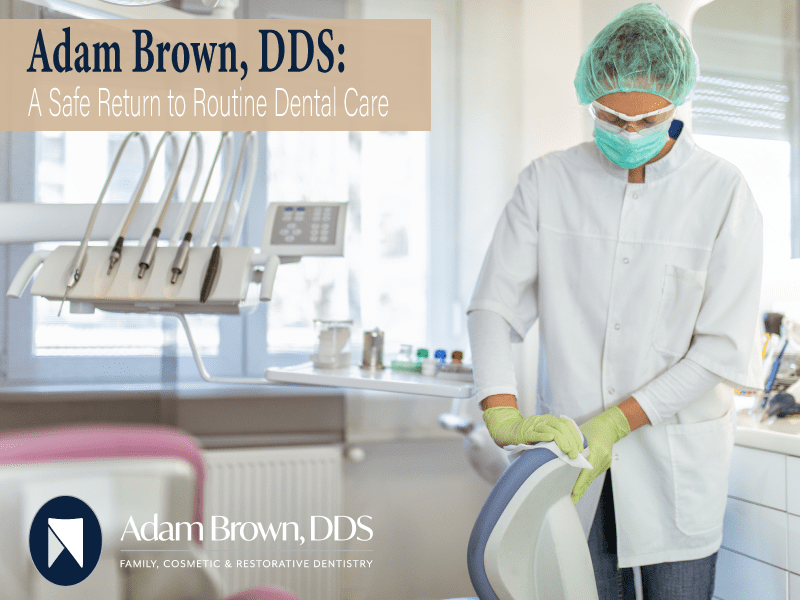
Delaying oral care such as routine teeth cleanings can cause tooth decay, gum disease, and even heart disease, and with restrictions slowly being lifted, why continue to put your oral health at risk? Schedule an appointment with us at Adam Brown, DDS today to get your mouth clean and healthy.
As the country slowly comes down off of high alert, there arise questions of what should and should not be done, where we can go and where we can’t. But with North Carolina going from Phase 2 to Phase 2.5, we have more clarity on what activities are safe, and which ones we should get back to right away—like going to the dentist.
But is it safe to go back to the dentist? Thankfully we have clear guidance on this issue, and from a trusted source: The American Dental Association. This association of respected professionals, who are a constant help in providing accurate science and practice procedures within the dental field, recommend keeping up on routine dental procedures.
The ADA has worked closely with the Centers for Disease Control and Prevention to make sure all decisions and recommendations are made concerning the health of all Americans. In March of 2020, the ADA called for practitioners to push all non-emergency care to a later date in order to limit the possible spread of Covid-19. This decision by the dental community not only limited the spread of the virus, but it also allowed hospitals access to more personal protective equipment and, in turn, saved lives.
In May, experts at the ADA—working closely with the CDC—called for the reopening of dental practices under new safety guidelines, encouraging everyone to get back on track with routine dental appointments.
Is It Safe?
Nothing these days is one hundred percent safe, but with the right safety procedures in place, it is a good idea to go to the dentist. In fact, no Covid-19 cases have been traced to a dental office so far.
The dangers of forgoing regular checkups for a prolonged period can cause severe problems, especially during a pandemic since we are confined to small areas and tend to eat more tooth-decaying foods and exercising less. Throw in a few carbonated drinks and sweet snacks every day and it won’t take long for your oral health to drastically deteriorate. Even dentists have noticed dirtier mouths since the beginning of the pandemic.
If you have visited your dentist lately, you have certainly noticed the difference in your appointment—the change in procedure starts before you even enter the office.
After setting an appointment, patients complete a pre-screening questionnaire, which asks general questions about your current health status, and if you have been around anyone lately who has tested positive for Covid-19.
You may have also noticed fewer times slots for appointments. This is because dentists are seeing fewer patients each day so that each person who enters the office for a dental appointment won’t have to worry about getting too close to others.
Once you enter the office for your appointment, the nurse will take your temperature before you wait for the dentist.
Keeping Your Teeth Clean During Covid-19
Clearly, it’s time to get back to the dentist, but until you can make your appointment with us at Adam Brown, DDS there are plenty of things you can do on your own, during this unprecedented time, to maintain your oral health.
In order to maintain a pleasant smile during a pandemic, set a regime of brushing twice a day. According to www.mayoclinic.org, it’s important to brush your teeth in the morning and at night with fluoride toothpaste. In the morning it’s a good idea to begin with mouth wash, which breaks down plaque and food particles. Then thoroughly floss between each tooth to get those spots your toothbrush won’t reach. When brushing, hold the toothbrush at an angle pointing the bristles towards the gums. Brush, using back-and-forth motions on both the inside and outside of the teeth, making sure not to scrub too vigorously. Brushing too hard can cause the gums to recede and expose sensitive areas of the teeth. It is strongly advised to use a soft-bristled toothbrush. Brush for two minutes a side and repeat the same process at night.
Quick Tip: How to Enjoy Sweets Without Killing Your Teeth
There’s no denying it, it is really hard to stay away from sweets and drinks that are bad for our teeth. And, whether in fresh cocktails to be enjoyed outdoors, or in cakes, candies, and cookies, sugar seems to be one of the main ingredients. Just how do these sweets affect your teeth and gums? What happens when we eat a lot of sugary treats or sip on too many cocktails, is the sugar combines with any plaque (hard or soft) in the mouth to create an acid. This acid then eats away at your teeth. And though this is a serious matter, as no one wants her teeth to be eaten away, it can be prevented.
If you are regularly and correctly caring for your teeth twice a day, there are ways to still enjoy sweet foods and fresh drinks without damaging your teeth. If you are eating something high in sugar, gargle with mouthwash or water after you are finished. This will not completely clean the teeth and gums, but it can clear away enough unwanted matter before you brush next. As for drinks, try and find or make ones with fruit as a substitute for sugar. And, as with sugary treats, it’s a good idea to gargle or have a glass of water after.
It’s best to see the dentist for a cleaning at least every six months. Here are four reasons why:
- Removing Hardened Plaque. You know when you visit the dentist and he gets that sharp, silver hook tool and scrapes it against your teeth? Sometimes, he has to press extra hard and poke and prod. What he is doing is removing plaque from your teeth. You see, though flossing and brushing twice a day can get most of it from your teeth, little bits of plaque can remain and harden. In time, that plaque will discolor and can cause damage to the teeth and gums if it’s not removed. Visiting your dentist twice a year will keep this hardened substance from accumulating.
- Preventing Gum Disease. Bacteria in the mouth can cause gum disease, and most times it is not noticeable to the individual who has it until it’s festered. However, your dentist can help prevent gum disease from ever occurring by professionally cleaning your teeth and gums. And if signs of gum disease show up, he can recommend the proper medication to help illuminate it.
- Preventing Cavities. Plaque and food particles can create cavities, which eat away at the teeth. And like gum disease, cavities can be difficult to notice right away. Unless you see a dentist, that is. If they are found, cavities can be removed and the damaged tooth repaired, or, in extreme cases, the tooth will have to be pulled. Regardless, it is of the utmost importance that cavities are taken care of right away, as they can lead to more serious oral maladies.
- Preventing Oral Cancer. The thought of cancer can be scary, but it’s something that should not be ignored. Instead, it should be prevented. Seeing your dentist twice a year and having an oral exam can greatly help reduce your chances of contracting cancer of the mouth.
Besides have a bright smile while we wait for things to slowly become normal again, there are other reasons to keep your mouth clean. For instance, did you know cavities and gum disease, if left alone, could lead to serious medical problems such as heart disease? This is why it’s so important to be sure you are caring for your teeth and gums correctly.
We are happy to be back to work, and we can’t wait to help you get your mouth back into shape. Visit us online today and schedule your next teeth cleaning appointment.


 Perhaps when you were younger, Santa stuffed your Christmas stocking full of chocolate coins and peppermint twists — and a new toothbrush to remind you not to let all that candy rot your teeth. Santa’s always been a smart guy.
Perhaps when you were younger, Santa stuffed your Christmas stocking full of chocolate coins and peppermint twists — and a new toothbrush to remind you not to let all that candy rot your teeth. Santa’s always been a smart guy.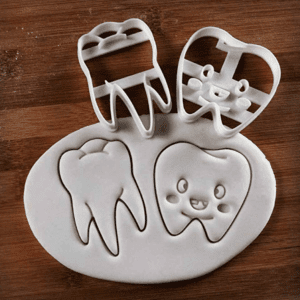 Not crafty? No worries! The artists of
Not crafty? No worries! The artists of 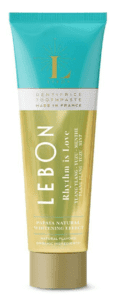

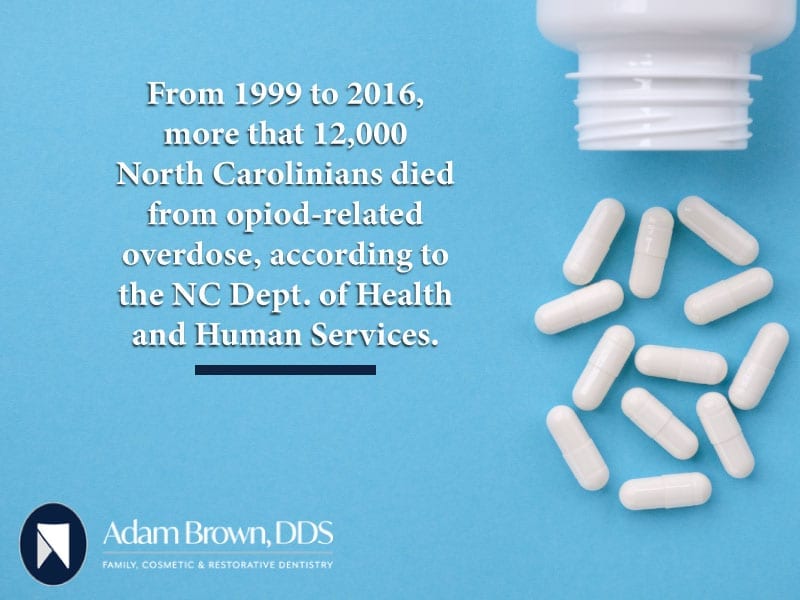
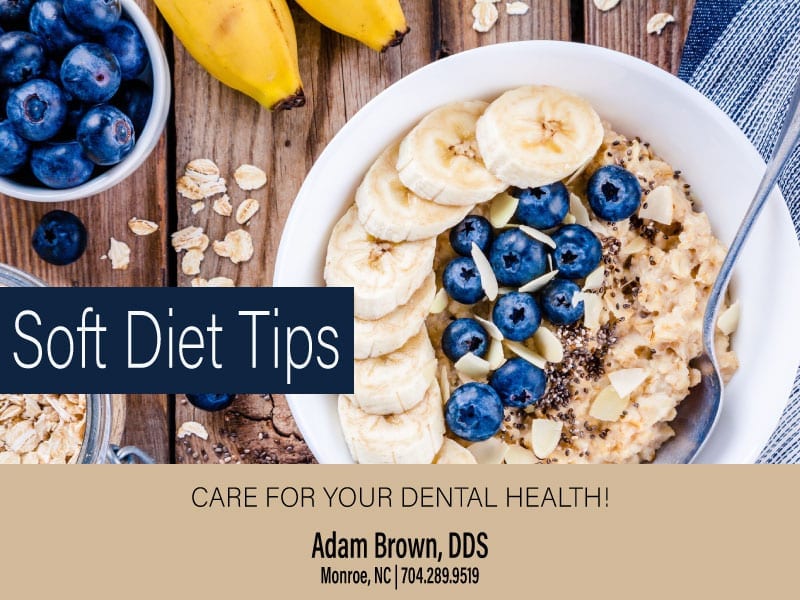 Step 2) The implant is uncovered and the dentist attaches an extension, called a post, to the implant. The gum tissue is allowed to heal around the post. Some implants require a second surgical procedure in which a post is attached to connect the replacement teeth. With other implants, the implant and post are a single unit placed in the mouth during the initial surgery. Once healed, the implant and post can serve as the foundation for the new tooth.
Step 2) The implant is uncovered and the dentist attaches an extension, called a post, to the implant. The gum tissue is allowed to heal around the post. Some implants require a second surgical procedure in which a post is attached to connect the replacement teeth. With other implants, the implant and post are a single unit placed in the mouth during the initial surgery. Once healed, the implant and post can serve as the foundation for the new tooth.